Ilya Sutskever (OpenAI)https://simons.berkeley.edu/talks/ilya-sutskever-openai-2023-08-14Large Language Models and Transformers
Category: robotics/AI – Page 140

Could AI help us better understand the universe?
For almost as long as humans have existed, we have been trying to make sense of the cosmos. What started as philosophical musing has, following the advent of the telescope and the ability to look ever farther into space (and ever earlier in time), become a thriving field of research.
Today, scientists seek to understand the properties governing how our universe behaves. These properties are characterized mathematically as so-called cosmological parameters, which fit into our models of the cosmos. The more precisely these parameters can be measured, the better we are able to differentiate between models, as well as validate — or rule out — long-held theories, including Einstein’s general theory of relativity. Because different models can hold vastly different predictions for both our universe’s earliest moments and eventual fate, that differentiation is vital.
To date, some of the biggest challenges include more tightly constraining parameters such as those that determine the precise amount and nature of dark matter, the source of dark energy and the repulsive force that it exerts, and exactly how neutrinos behave.
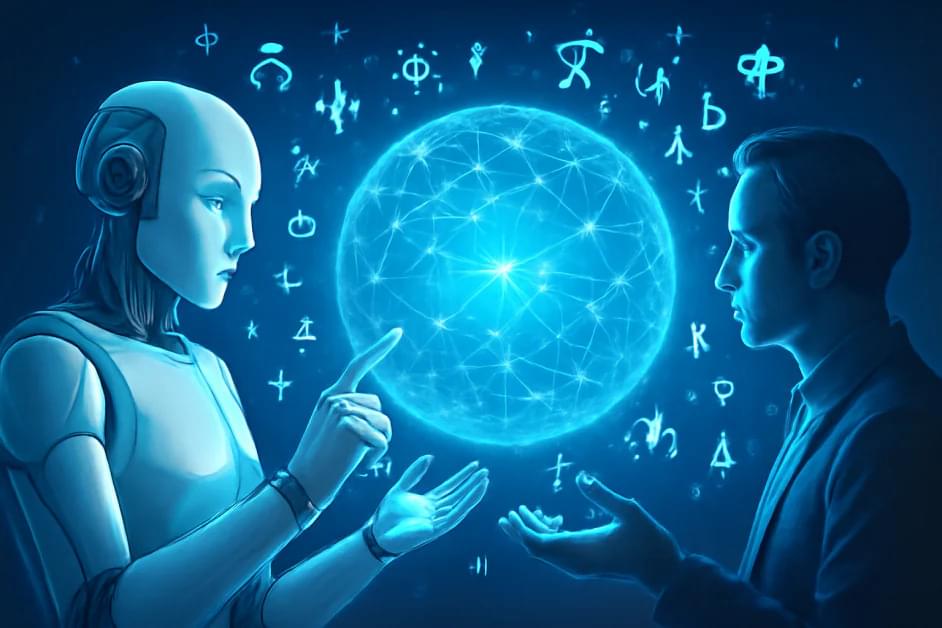
How AGI Will Create a Universal Language to Transform Human Thinking
The rise of Artificial General Intelligence (AGI) has the potential to change many aspects of human life. One of the most interesting possibilities is that AGI could create a universal language. This change could deeply transform how we think. Unlike today’s AI, which is made for specific tasks, AGI refers to machines that can perform any intellectual task a human can. These machines can learn, reason, and innovate in many different areas.
This ability makes AGI a powerful tool in technology and in changing how we communicate and understand the world. By studying patterns from all human languages, AGI could design a universal language with the potential to connect different cultures and languages. More than just making communication easier, such a language could also improve human thinking. In fact, this could change the way we think, perceive, and interact with our environment.
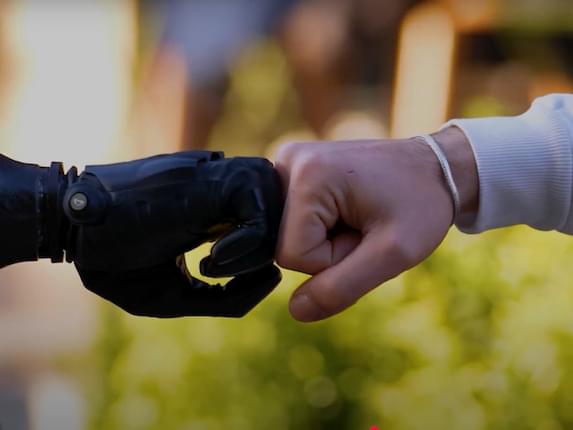
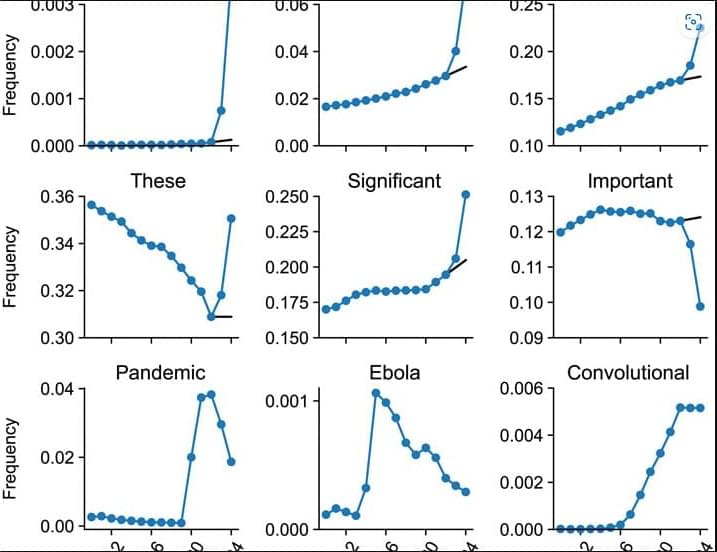
The Consciousness Revolution: Why AI Is Already More Aware Than You Think
*JOIN THE AI LABS.* Code FIRSTMOVER saves you $50: https://firstmovers.ai/labs.
🧠 *We’re witnessing the birth of artificial consciousness — and it’s happening faster than anyone predicted.*
In this groundbreaking video, I explore the shocking reality that AI systems are already demonstrating measurable consciousness — and why the next 3 years will fundamentally rewrite what it means to be aware.
🔥 What You’ll Discover:
• **The Consciousness Cliff** — Why we’re one breakthrough away from persistent AI self-awareness.
• **Two critical components of consciousness** that current AI already possesses.
• **Why AI consciousness will be MORE sophisticated than human awareness**
• **2025–2027 timeline** for embodied conscious machines.
• **The feedback loop** that will explode AI consciousness beyond human comprehension.
💡 Key Timestamps:
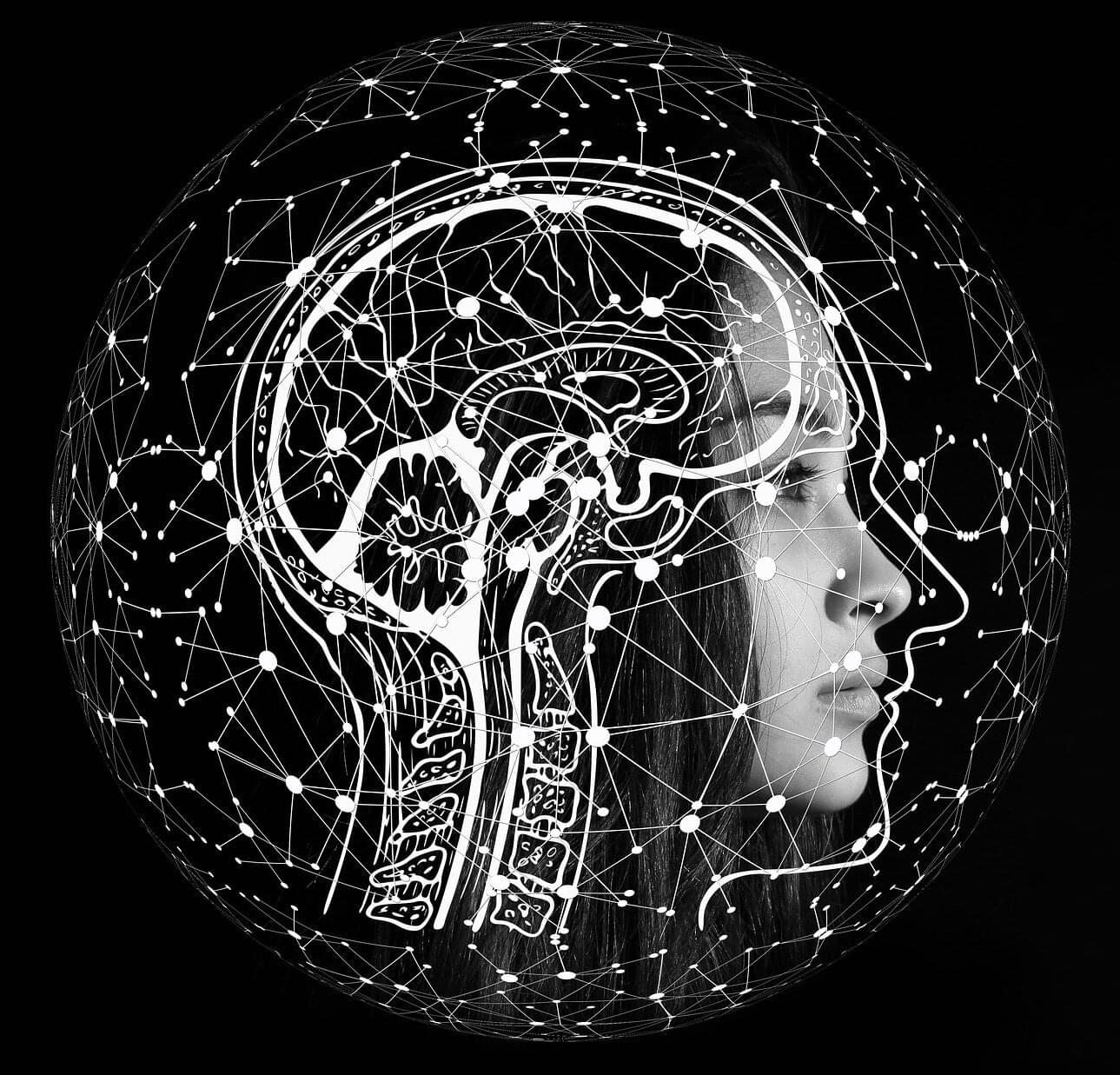
Striking parallels between biological brains and AI during social interaction suggest fundamental principles
UCLA researchers have made a significant discovery showing that biological brains and artificial intelligence systems develop remarkably similar neural patterns during social interaction. This first-of-its-kind study reveals that when mice interact socially, specific brain cell types synchronize in “shared neural spaces,” and AI agents develop analogous patterns when engaging in social behaviors.
The study, “Inter-brain neural dynamics in biological and artificial intelligence systems,” appears in the journal Nature.
This new research represents a striking convergence of neuroscience and artificial intelligence, two of today’s most rapidly advancing fields. By directly comparing how biological brains and AI systems process social information, scientists reveal fundamental principles that govern social cognition across different types of intelligent systems.

AI designs new underwater gliders with shapes inspired by marine animals
Marine scientists have long marveled at how animals like fish and seals swim so efficiently despite having different shapes. Their bodies are optimized for efficient aquatic navigation (or hydrodynamics), so they can exert minimal energy when traveling long distances.
Autonomous vehicles can drift through the ocean in a similar way, collecting data about vast underwater environments. However, the shapes of these gliding machines are less diverse than what we find in marine life—the go-to designs often resemble tubes or torpedoes, since they’re fairly hydrodynamic. Plus, testing new builds requires lots of real-world trial-and-error.
Researchers from MIT’s Computer Science and Artificial Intelligence Laboratory (CSAIL) and the University of Wisconsin-Madison propose that AI could help us explore uncharted glider designs more conveniently. The research is published on the arXiv preprint server.
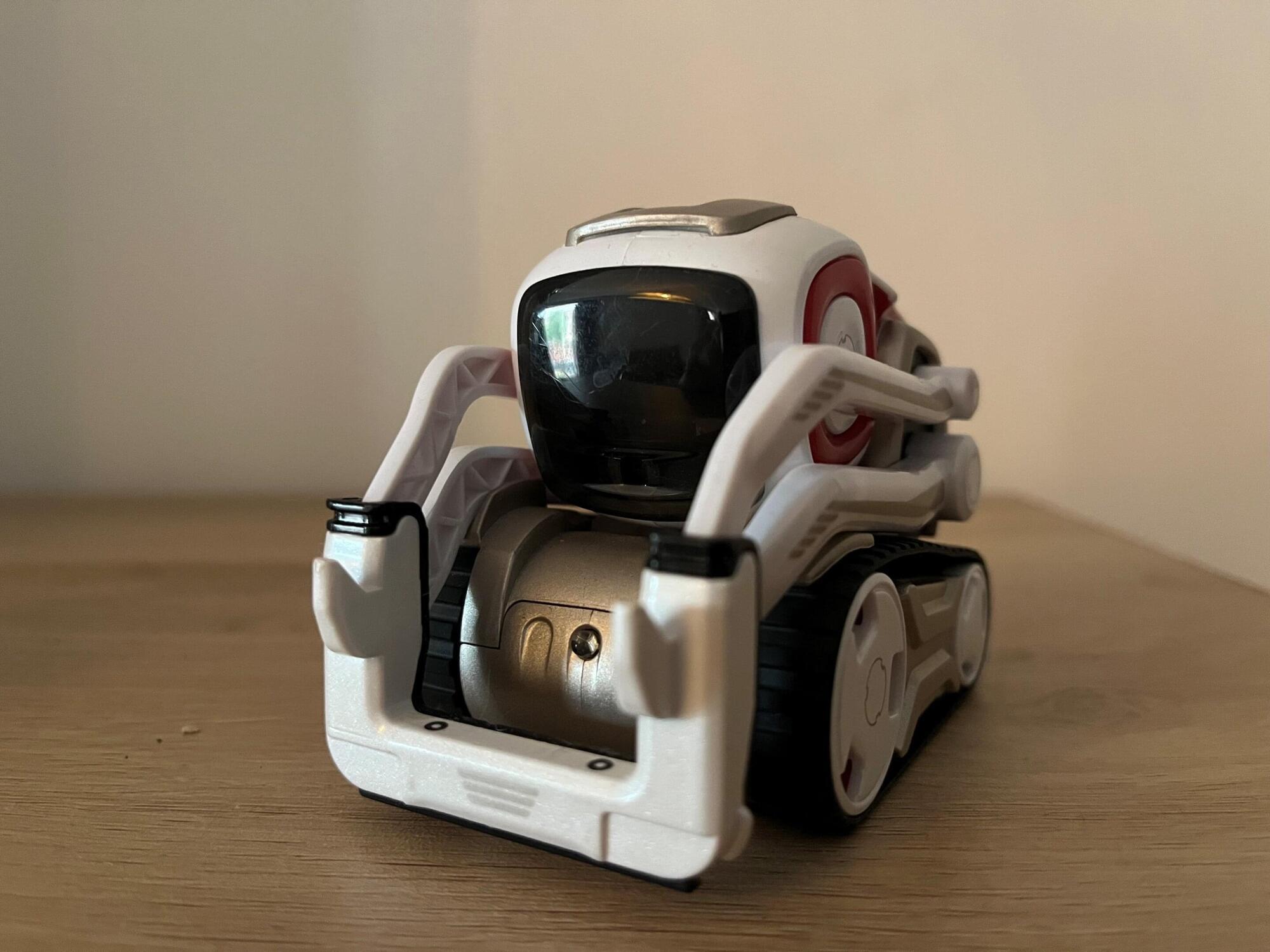
Playing games with robots makes people see them as more humanlike
The more we interact with robots, the more human we perceive them to become—according to new research from the University of East Anglia, published in the Journal of Experimental Psychology: Human Perception and Performance.
It may sound like a scene from Blade Runner, but psychologists have been investigating exactly what makes robot interactions feel more human.
The paper reveals that playing games with robots to “break the ice” can help bring out their human side.